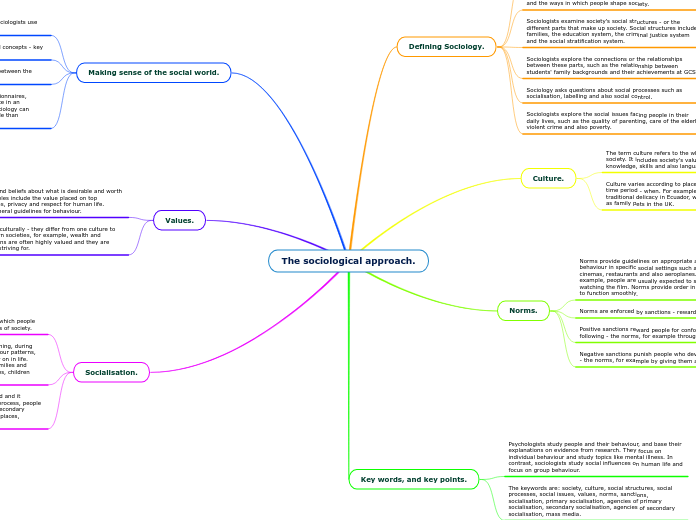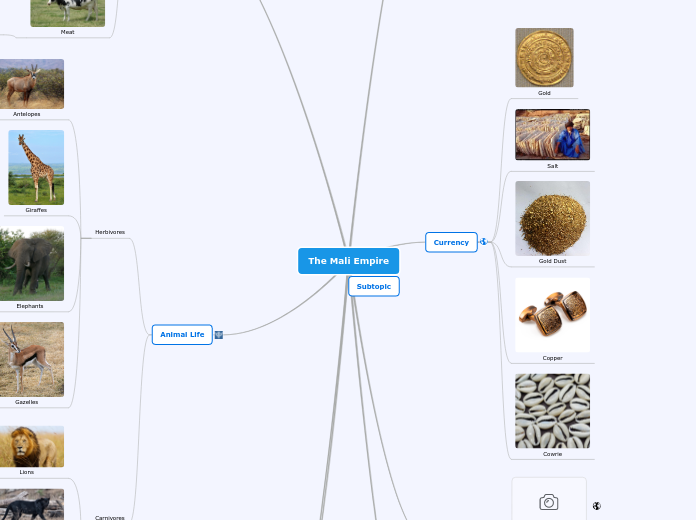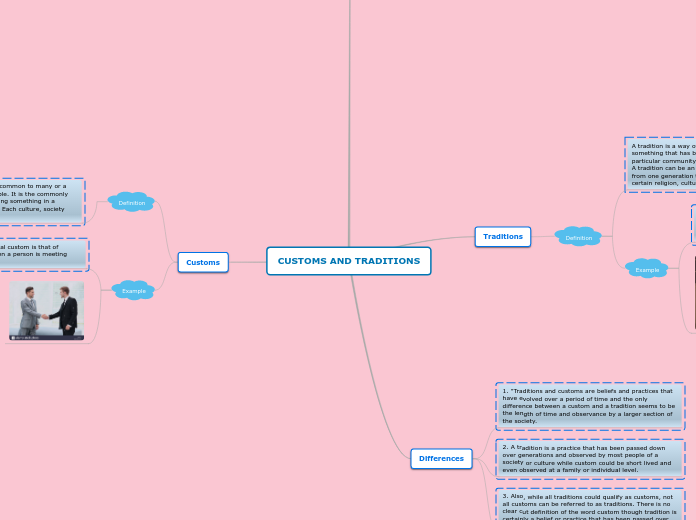por Sophie O'Dell hace 4 años
368
The sociological approach.
Sociology examines how social influences shape human behavior and the structures that form society. It delves into the social factors that impact people's lives and how these individuals, in turn, shape society.









